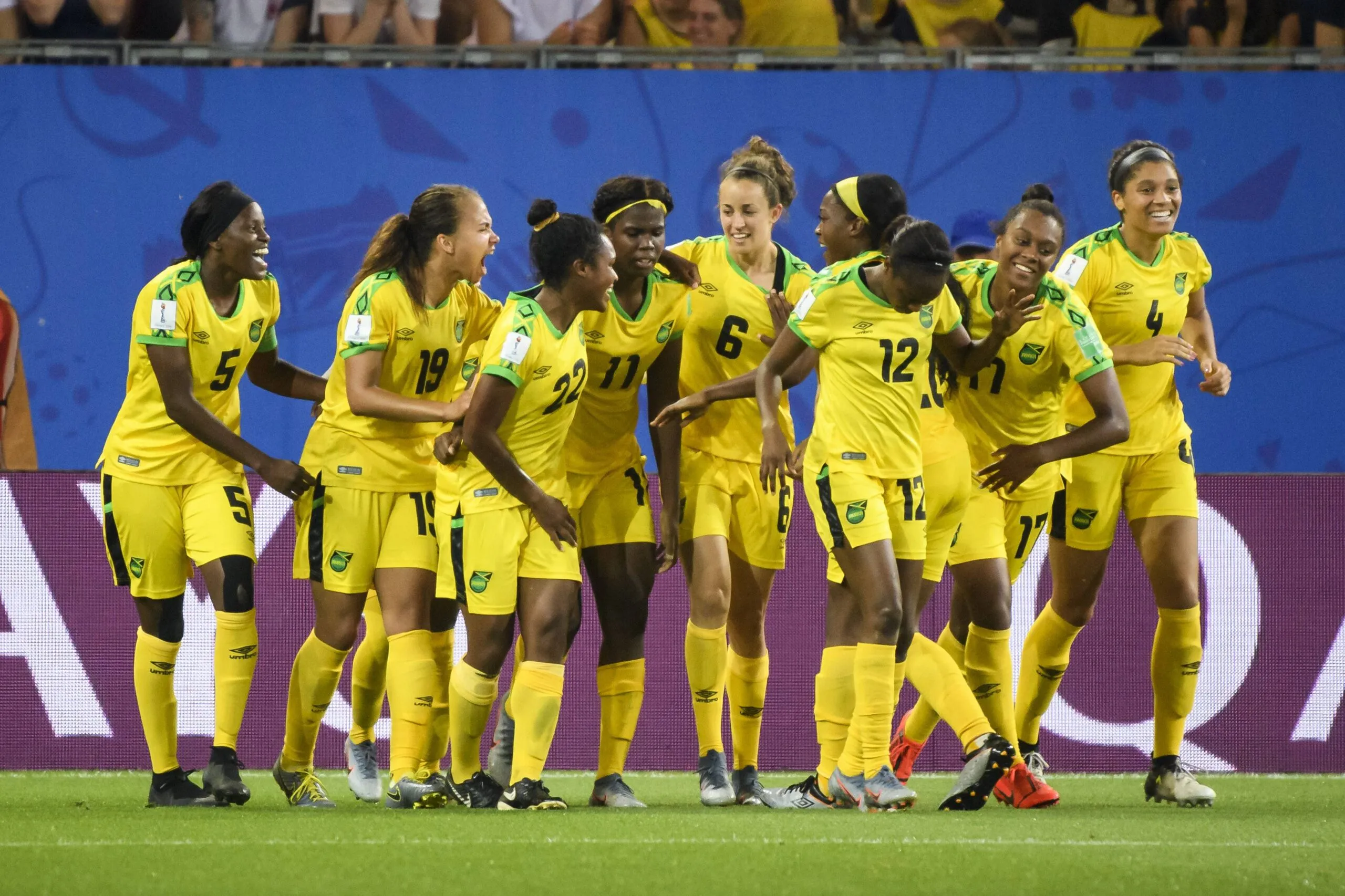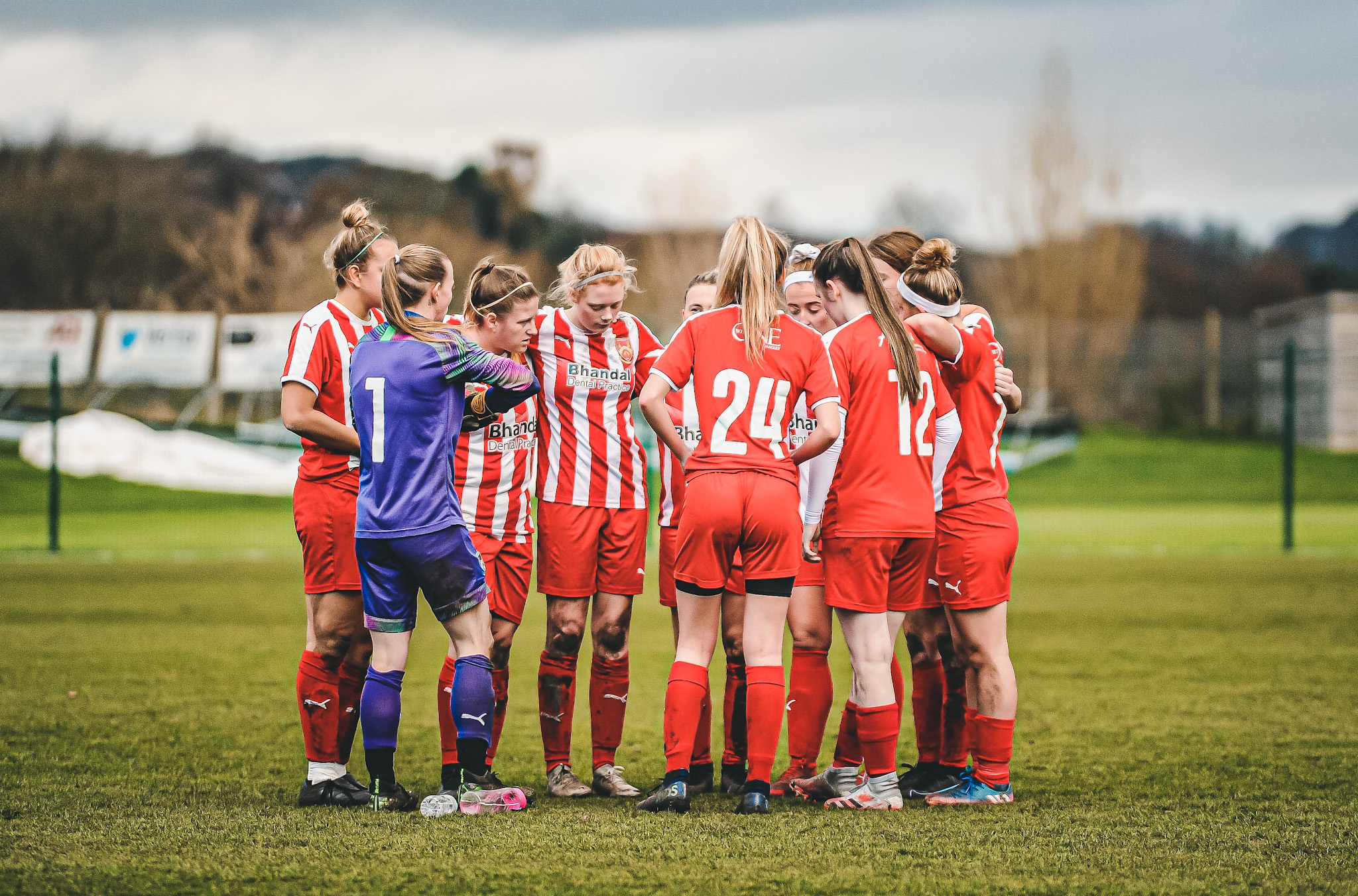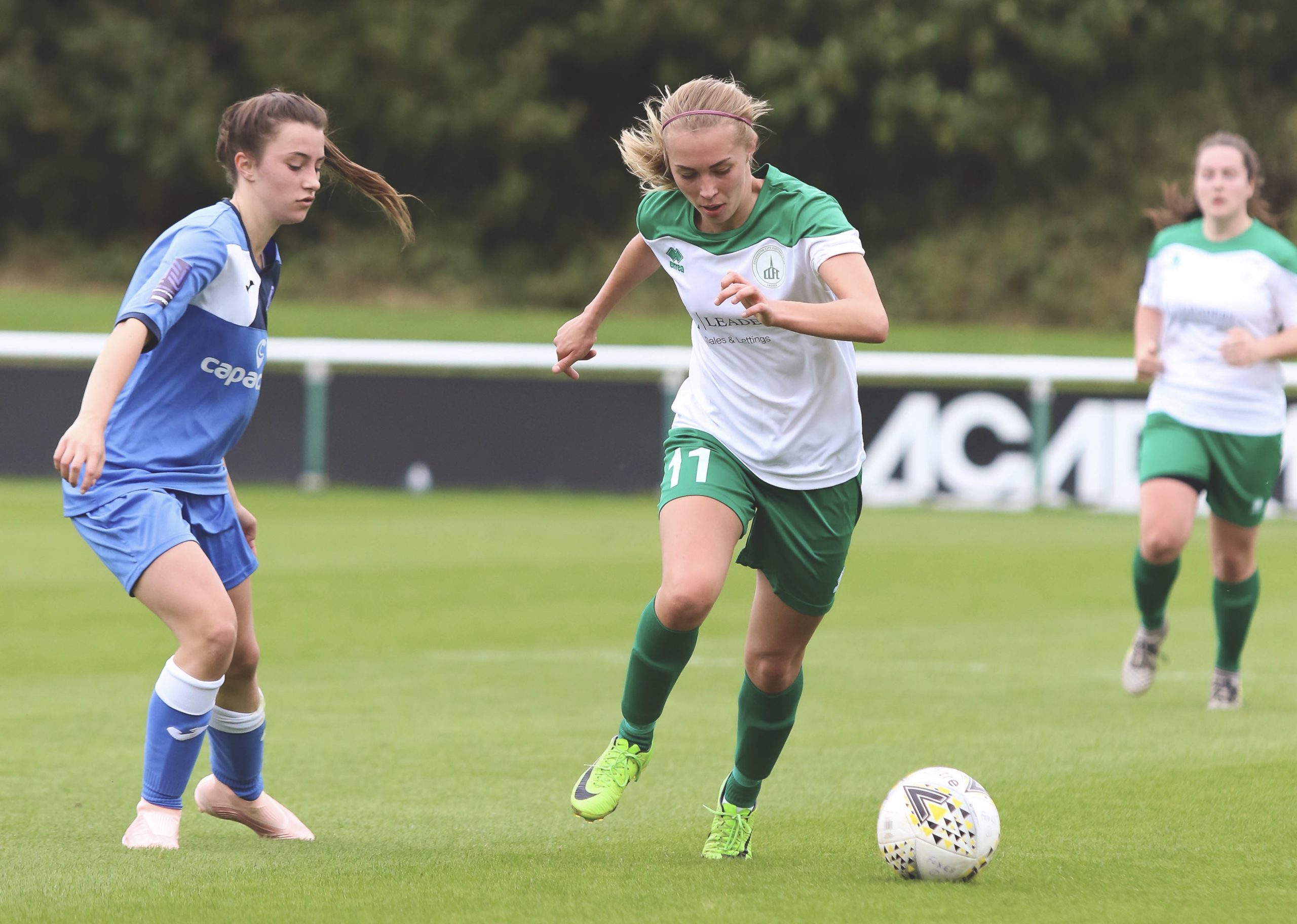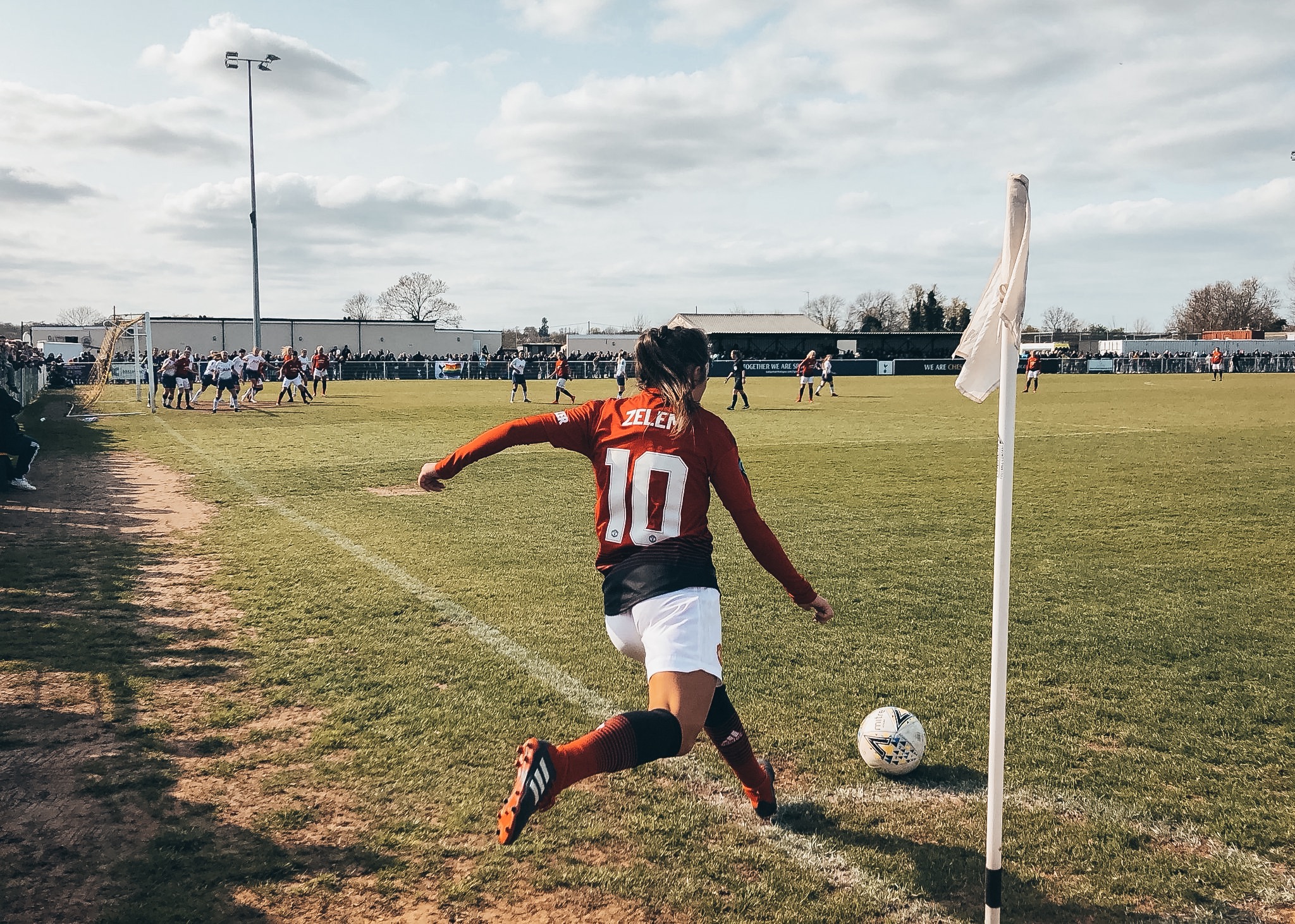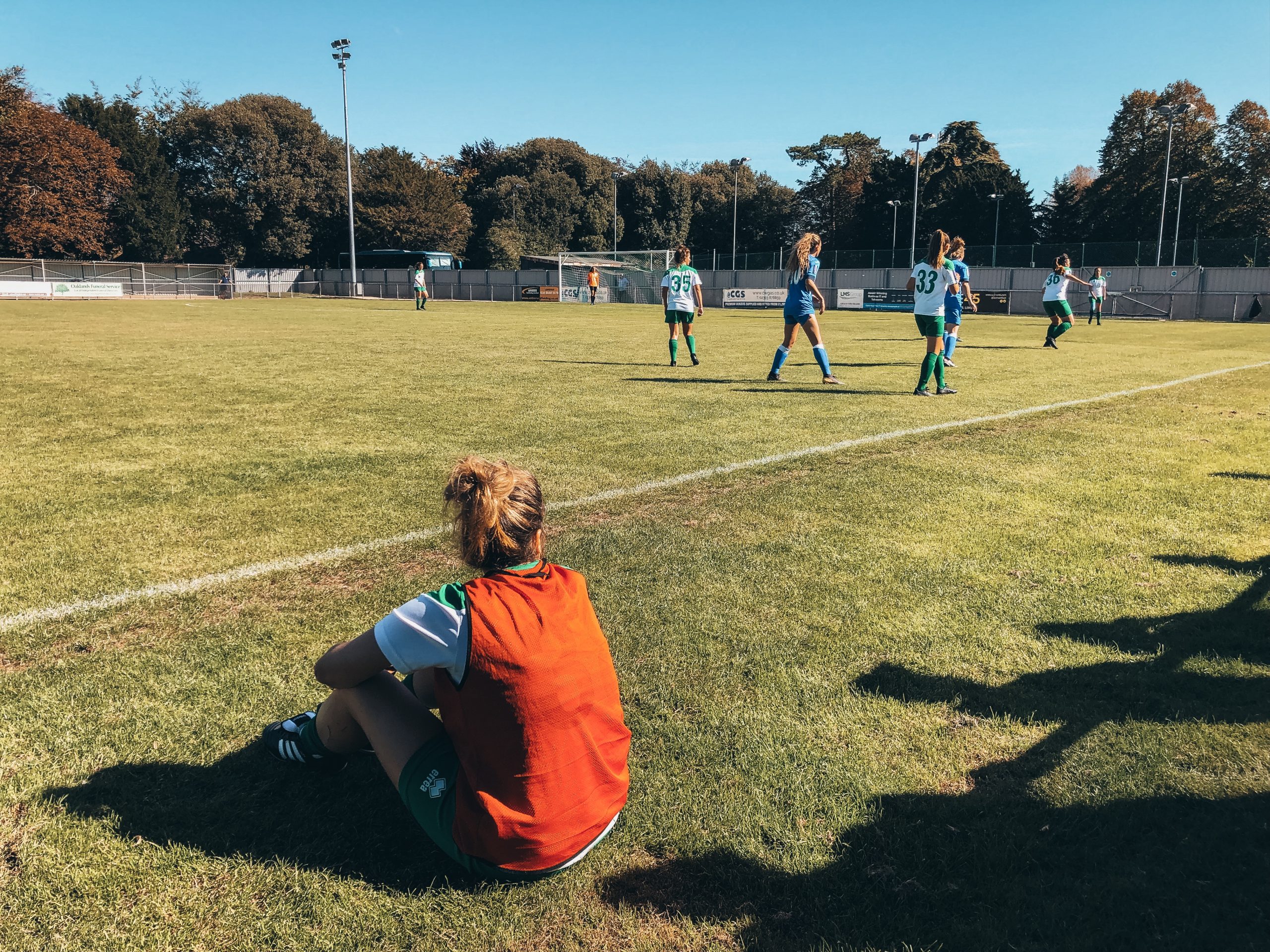The Wikipedia article on “Football in Jamaica” states that “the most reliable records available indicate that football was introduced in Jamaica towards the end of the 19th century and 1893 is listed as the year Jamaica formed its first football club.” It does not say a word about women, but links to the article of the Jamaican women’s national football team for anything female.
There, it says, “Women’s football in Jamaica started with the founding of the Jamaican Women’s Football association […] in 1987”. Did you ever believe this could possibly be remotely true? Did you ever genuinely trust that half of the Jamaican population just watched the other half kicking around balls for 94 years, before eventually trying it, too? Of course not. Of course this is a hoax, fake news. It is what I call the “big women’s football lie”. It is a convenient lie, as it is used until today to justify a lack of interest, investment and engagement into women’s football. “Women just started recently” and “are still developing” are lines we keep hearing from governing bodies, clubs and even fans globally.
What really separates the men from the women is sexism. The patriarchate. Full stop. Not more, not less. Women in Jamaica probably first played ball in 1895. They definitely did so in an organised way from 1935 onwards. By 1937 there was a “women’s football series”, which determined an all-island champion for the first time. It drew more spectators than the “men’s football series”, which started just 3 years prior. Yet, it was suddenly abandoned and probably banned. As it was in Nigeria. In England. In Germany. Everywhere, almost. One day men and women both played amateur league football. The very next day women were reduced to just watching how the men’s games developed in front of them.
Sponsorings, VIP lounges in gigantic stadiums, colour TV and the sale of rights. All these steps of professionalisation happened when men decided that women should not play the game they claimed to love.
Of course women did play throughout these days. They played in the shadows, often just recreational and a bit rarer organised in parallel structures. Wherever women built their own structures, often in the form of their own governing bodies, they grew exponentially in no time. An illegal female national team managed to play over 220 international matches between 1956 and 1965, often attracting over 15,000 spectators. In Italy and Mexico unofficial World Cups were organised, with teams coming from overseas to play in front of over 100,000 fans in the Azteca stadium in Mexico City – a record until today.
In fact, all these structures became so successful that governing bodies around the world got scared. Scared of losing out on the potential revenues.
Until this day, most governing bodies do not understand. Instead, they tell entirely different stories. Suddenly, they are not the bodies that forbade women to play football for half a century, they are the ones that invented it.
The German FA is one example. They recently celebrated “50 years of women’s football in Germany” in 2020, despite knowing better. Their very own archives are full of historical evidence of women playing football long before they allowed them to play again in 1970. While it is not clear when exactly women started playing football in Germany, the first evidence of a registered club is from 1930. The 40 years of thriving women’s football, which in many ways was more successful than anything that followed, is just cancelled. Cancelled from the collective memory of football. Cancelled from the FA history books and even cancelled from most journalistic pieces.
The English FA is probably the one exception. It is the only FA that I am aware of that recognizes that women’s football was played long before they allowed it. And even before they initially banned it. As the homepage rightly states “Women’s football came under the auspices of the FA in 1993, but its history stretches back much further”.
The world needs more of such statements. It needs more FAs aware of their own history and the unjust they have done in the past. It is one of the many ways to clearly express that women’s football is not “lagging behind”, but was in fact set back by those who like to be celebrated for its growth today. Governing bodies do not have to “subsidise” women’s football, as it does attract less fans or sponsors. They don’t have to “heavily support” women to grow. They must instead compensate women for being robbed of any form of participation, income, development and growth in half the century they banned it. And I mean that. The first match in Jamaica in 1935 has earned the women who organised the equivalent of 2,000 GBP in today’s purchasing power.
If women only would have been allowed to have one such match every week since and keep the revenue, that would be almost 9.5 million GBP that they were robbed by the FA. Instead of compensating the women of Jamaica for this loss, they disbanded the national team in 2011, as it was not seen as profitable enough. The robbery goes on. A robbery of history, of revenues, of attention and of sheer rights. In Jamaica. In Nigeria. In Germany. Less so in England.
*Note: The author understands the irony of writing about the toxicity of celebrating anniversaries that refer to the decriminalisation rather than the start of women’s football on a blog named “Since 71”, the year the English FA decriminalised women’s football. Given what a great platform Since 71 is and the clear awareness of what date stands for by the owners, however, he has no reservations against the blog whatsoever and in fact is proud to be able to contribute to it.





